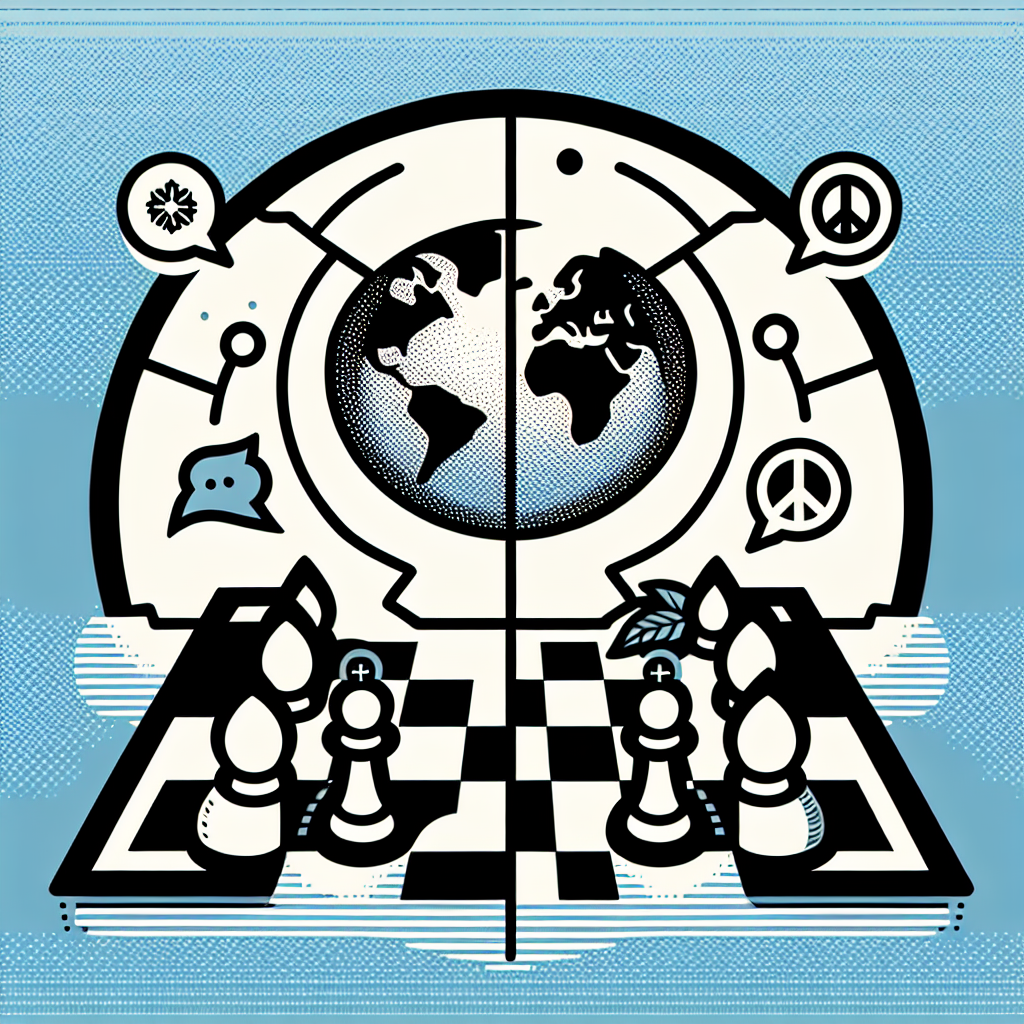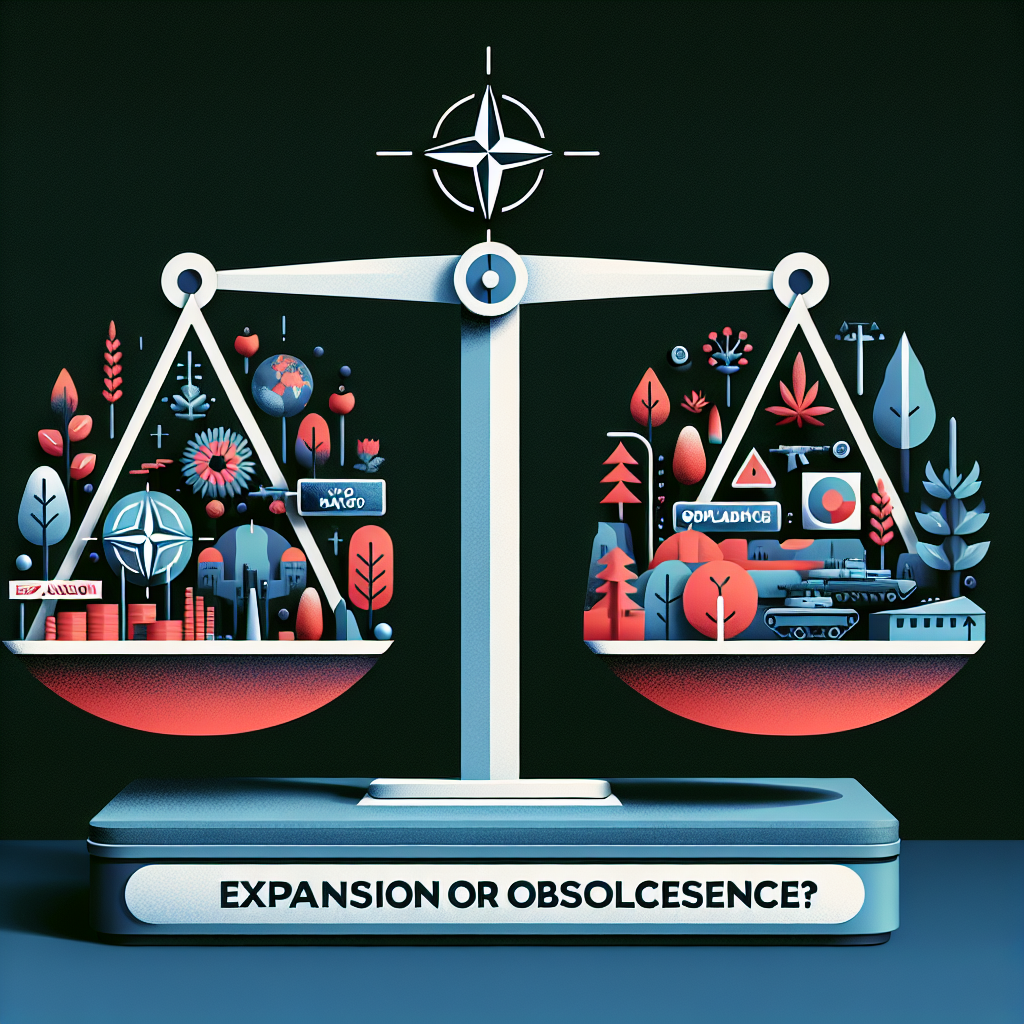
How the Israel-Palestine Conflict Shapes Global Diplomacy
Introduction: Understanding the Roots of a Long-Standing Conflict
The Historical Context of the Israel-Palestine Conflict
Global Powers and Their Roles
Diplomatic Strategies and International Responses
The Impact on Middle Eastern Policy and Regional Stability
Global Public Opinion and Media Influence
The Economic Dimensions and Sanctions
Challenges to Peace and Pathways Forward
How the Conflict Shapes Broader Global Diplomacy
- Foreign Policy Alignment: Countries often align their policies based on ideological, religious, or strategic interests related to the conflict.
- Security Alliances and Military Support: The conflict drives arms sales, military aid, and strategic partnerships that affect global security dynamics.
- International Law and Norms: Disputes over settlements, occupation, and human rights violations set precedents that influence international legal standards.
- Multilateral Diplomacy: Organizations like the UN serve as forums for dialogue and resolutions, shaping international responses to crises in the region.


